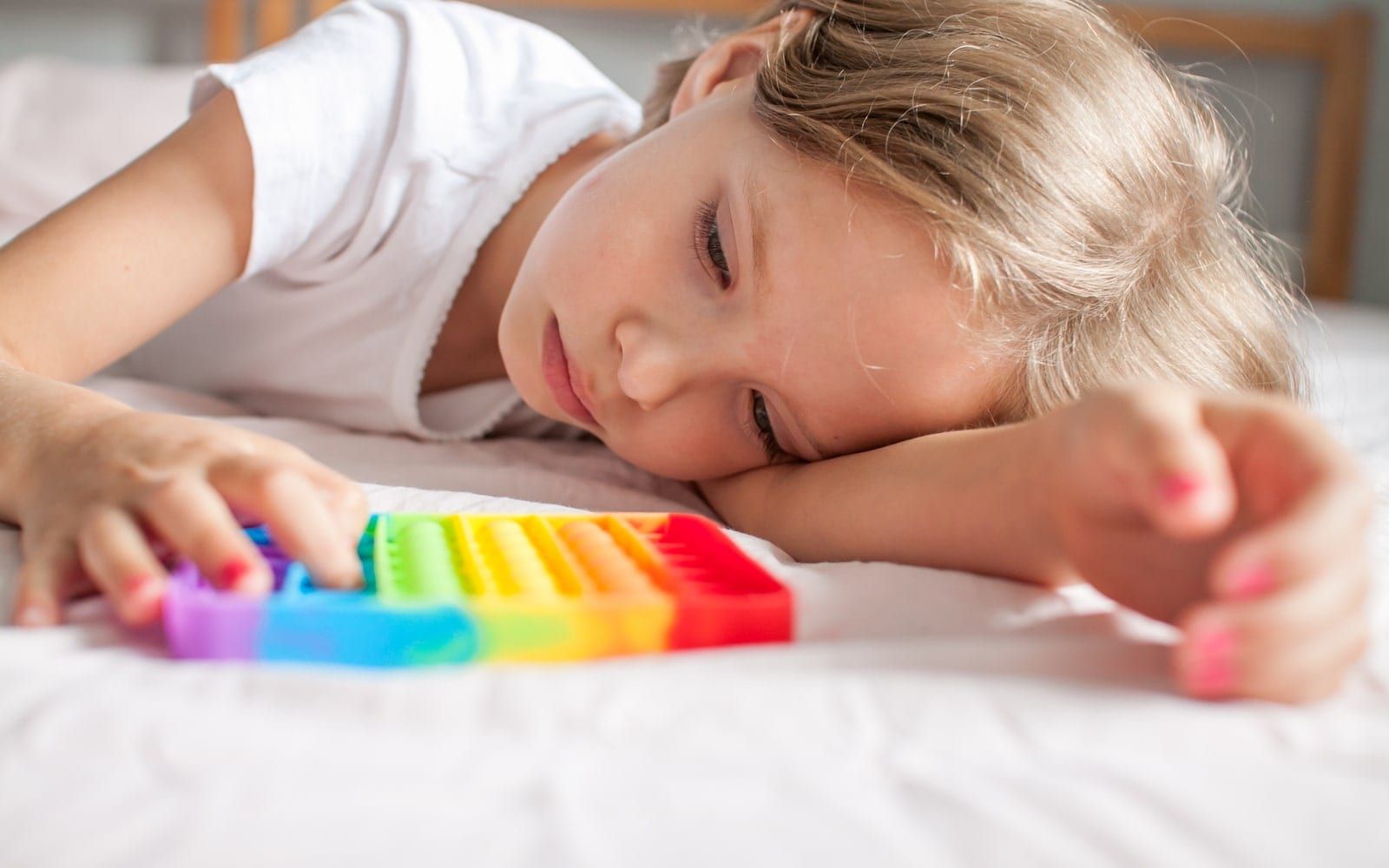The Role Of Mental Health In Oral Health In Children

Childhood is a unique place in our lives, and as parents and role models, a child’s behavior can often be influenced by how we receive them. The way they express themselves can manifest in multiple ways and directly reflect their experiences. Those factors can ultimately create both positive and negative impacts on their physical, emotional, and mental health. However, one aspect most often overlooked is how their dental health can be connected to their mental health.
In today’s age, children are at an increased risk for mental health problems, and the link between mental health and physical health has been undeniably recognized. However, when it comes to assessing children’s mental health, their oral health often isn’t taken into account as a side effect. A child’s early years are crucial towards their physical and mental wellbeing; poor oral health can occur as a symptom and as a driver in their mental wellbeing. Dental problems that occur throughout their childhood can have a massive impact on their self-image, social relationships, and growth as a person.
Dental Issues Contributing To Mental Illness
For man parents, it can be difficult to understand the root causes of their child’s behavior. During childhood, it’s essential to maintain good oral routines for your children, as in some cases, poor oral environments can contribute to behavioral changes. In these cases, it is crucial that therapists, dentists, parents, and the children are all in cooperation to assure that these problems are treated and prevented to help the child have better social behaviors. Being keenly aware of the changes going on with your child is a great way to help understand their thoughts and emotions, and providing them with the appointments they need for good physical health can provide them with more ease of mind throughout their adolescence into adulthood.
So, what dental conditions most often contribute to mental health? The effects of dental problems can be huge for a child, and some of the ways that dental issues can contribute towards poor mental health include:
- Tooth Decay: For children, the spread of bacteria can come fast. Because children’s teeth are still coming in, they are often more prone to cavities and can experience toothaches much quicker. When toothaches occur, the pain caused by them can cause your child to become anxious and rebellious.
- Overcrowding: Overcrowded teeth can hurt a child’s self-esteem, making them self-conscious about their smile and physical appearance. This poor self-esteem can lead to them becoming more poorly socialized and vulnerable to bullies.
- Thumb-Sucking: Thumb-sucking beyond the age of 5 can be considered a bad habit for their teeth and can lead to overcrowding. Thumb-sucking can occur as a result of insecurity and introversion from the child, and it should be discouraged.
- Dental Phobia: if your child’s had a poor experience with a previous pediatric dentist, it could lead to aversion from their yearly appointments. As a result, they may also try to hide their tooth problems to avoid them.
Visit Your Pediatric Dentist Today!
It’s important to find ways of helping your child through their dental pain, as it can ultimately contribute to mental health issues in the future. That’s why we recommend visiting your pediatric dentist as soon as possible to help your child grow up with a beautiful smile.

